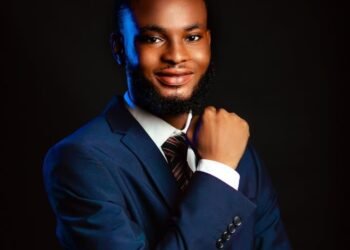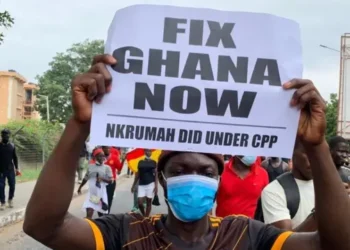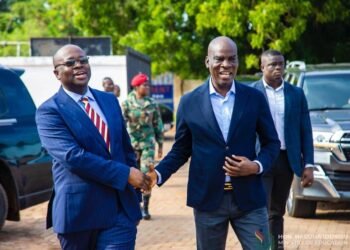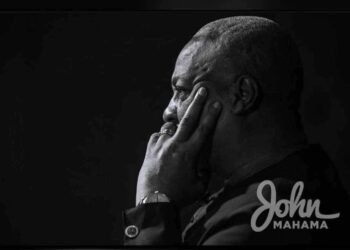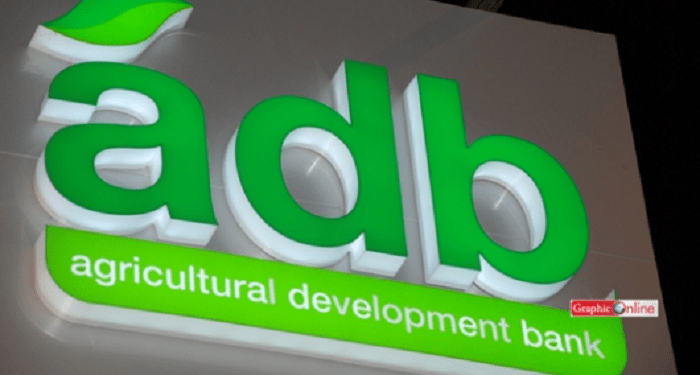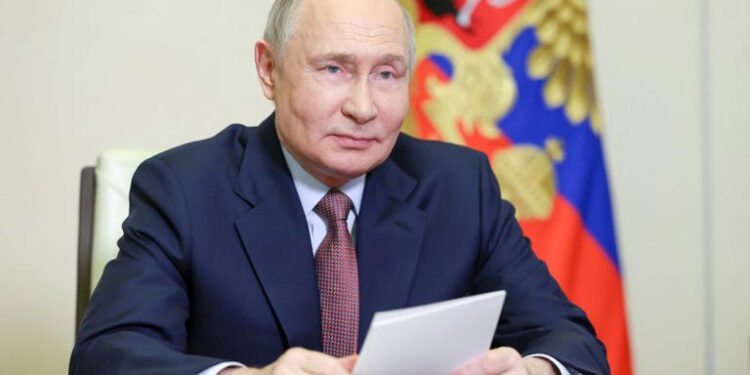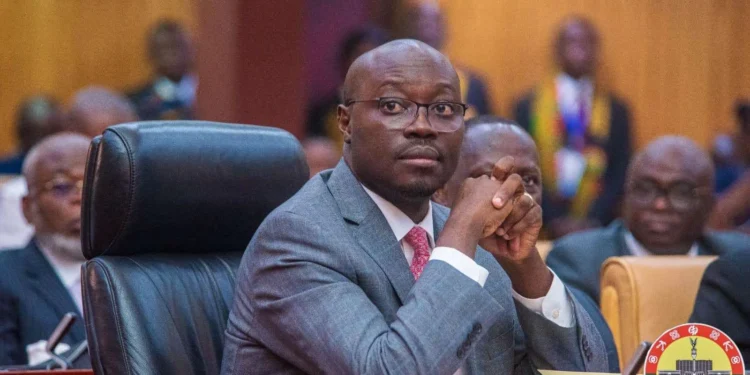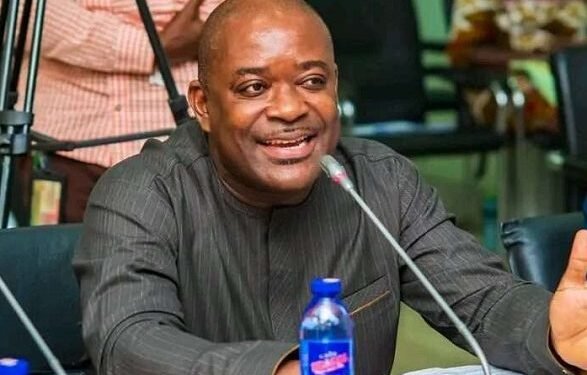After my commentary essay on the letter issued by the Bar Council of England and Wales (BCEW) together with the Commonwealth Lawyers Association (CLA), published by IMANI Africa, a faceless correspondent at Asaase Radio surfaced with a so-called rebuttal titled “Who Will Bell the Cat? Ghana, the Judiciary, and the Price of Inaction.”.
The same Asaase Radio which everyone knows is not just a media house but a megaphone directly tied to Gabby Asare Otchere-Darko, a prominent lawyer and cousin of former President Nana Addo Dankwa Akufo-Addo, under whose tenure Ghana’s governance record drew sharp criticism in Parliament, with Hon. Armah-Kofi Buah describing it as “…a timely reminder of how not to govern a country.”
It was under that very presidency that the judiciary became a daily battlefield of suspicion and cynicism. It was under Akufo-Addo’s watch that petitions calling for judicial accountability were brushed aside, dismissed with a wave of political convenience.
And it is in that context that we now witness the suspension of Chief Justice, Her Ladyship Justice Gertrude A.E.S. Torkornoo, a development that has gripped both Ghana and the outside world. Yet the very outfit tied to the architects of this crisis now has the gall to sermonize about accountability, cloaking its voice in anonymity. Context is not just important, it is damning.
Who is this Asaase Radio “correspondent”? A ghost with no name but a loud megaphone. If accountability is the virtue they demand of our institutions, why not begin with the simple act of signing their own work? Ghana deserves better than nameless scribblers who throw stones and hide their hands.
Their article, “Who Will Bell the Cat?”, is nothing more than cowardly projection. It paints Ghana as helpless, broken, and paralyzed, then rushes to suggest that colonial nostalgia should step in to rescue us. It tries to sound clever, name-dropping Mandela as if that alone confers depth, and then lectures us with the arrogance of an imported tutor that “sovereignty is not a shield for injustice.” But whose sovereignty do they mean? Theirs, or ours?
The fact remains, Ghana’s Constitution is not a relic collecting dust in a museum. Article 146 is not a borrowed clause that needs a foreign stamp to function, it is the living covenant between Ghanaians and their Republic. It was drafted, contested, and ratified by us, not by London. Suggesting it only has meaning if outsiders approve is insulting. It assumes that Ghanaians cannot demand due process unless someone in a wig and robe overseas nods in agreement.
Important questions have been raised, yes, but they must be separated carefully. Transparency matters. Citizens deserve to know what is happening in any process that touches the independence of the judiciary. But it is not true to say our institutions are mute. The constitutional machinery is not idle, it is working.
Petitions have been received, a prima facie case considered, a committee set up, court applications filed and argued, rulings given, and both the Council of State and Judicial Council engaged. Even those seeking to twist the matter for partisan gain have been granted their say. That is not silence, that is the Constitution at work. If explanations have been slow, that is a weakness to confront, but the remedy is vigilance from within, not colonial handholding from abroad.
Dragging in Mandela and apartheid is worse than being lazy, it is disrespectful. External pressure mattered in South Africa because apartheid was a system of racial domination that left no democratic path for its victims. Ghana is not under such tyranny. We have a written Constitution, functioning courts, and a clear process under Article 146.
To equate our constitutional mechanisms with apartheid’s brutality is not just historically careless, it is patronising. It dismisses the institutions Ghanaians have fought to build, and it risks reopening old wounds with the same colonial logic that once dismantled our systems.
And here is where the danger lies. Advocacy and interference are not the same thing. You cross the line when advocacy begins to masquerade as authority, when external pressure is allowed to dictate internal outcomes.
The Commonwealth Lawyers Association may call itself a family of lawyers, but families don’t impose edicts on each other’s homes. And if Ghanaian members are part of this “family,” they should engage directly here in Ghana, not outsource their voices to London for reinforcement.
Yes, our Council of State could speak more plainly. Yes, the Judicial Council could do better in communicating. Their silence breeds suspicion. But that does not hand over custodianship of our Constitution to foreign guilds. Sovereignty is not a shield for injustice, but neither is external intrusion the cure for opacity. The cure is civic courage, institutional integrity, and fidelity to Article 146.
So yes, Ghanaians deserve answers. But those answers must come from Ghana. The gavel is not in London. It is here, in Accra. It is being used. And if it falters, it is our duty, not theirs, to correct it.
Which is why Asaase’s faceless correspondent has it backward. If you truly want accountability, start by putting your name to your words. If you demand transparency, practice it yourself. To attack our Constitution while hiding in anonymity is the height of irony. That is not courage, it is opportunism. And opportunism dressed up as principle is still cowardice.
We are not perfect. Our Constitution is not flawless. But it belongs to us. And the right to protect it, reform it, or even fail and rise again with it is ours alone. Not London’s, not Washington’s, not the echo chambers of faceless pens. It resides here, in Ghana, under the same sun that shines on our Republic, with citizens who know that freedom, once ceded, is never easily regained.
Kay Codjoe: A Ghanaian Writer and Market Researcher
READ ALSO: Ghana is Open for Business – President Mahama Woos Japanese Investors at TICAD-9




